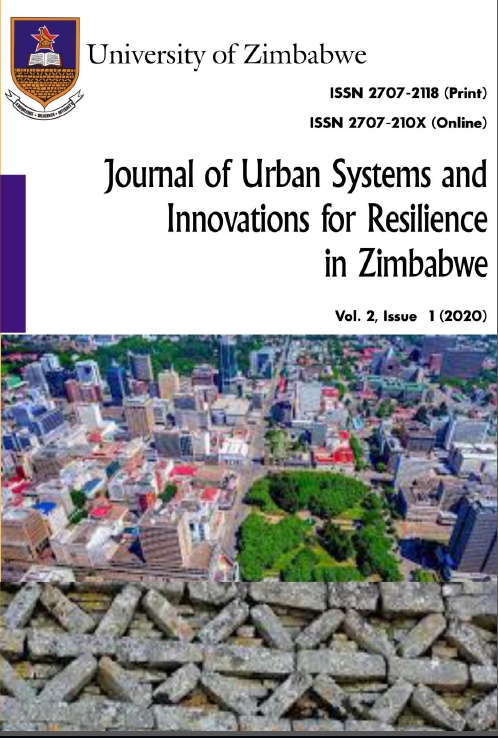Towards a Holistic Approach in Implementing the Water-Energy-Food Nexus
Keywords:
system thinking, system dynamics, theory of planned behaviour, development policy, management, sustainabilityAbstract
The success or failure of some frameworks and policies put in place by the government, especially, in urban areas, depends on the understanding of the ecology of the Water-Energy-Food (WEF) nexus problem by local actors and the ability to formulate sustainable leverage points. Understanding how urban dwellers' process information and make meaning of the interconnections between the WEF nexus elements and the ecology of the nexus problem is, thus, critical to developing primary leverage points, necessary for transformation. There has been minimum exploration of the underpinning societal values, ethics, beliefs and worldviews interact with social structures to shape the emergent strategies, then used by policy-makers to come up with leverage points for the WEF nexus. Based on the appreciation of the richness of the WEF nexus, there is need for combining several theories and methodologies, partly or wholly, to identify leverage points at all four levels of intervention. These must stem from different paradigms, realising the complexity associated with the nexus challenge. No singular approach effectively identifies leverage points for sustainability, thus, a conceptual framework which can be used for guiding research and policy interventions in the WEF nexus using systems thinking is proposed.




